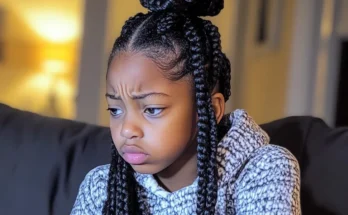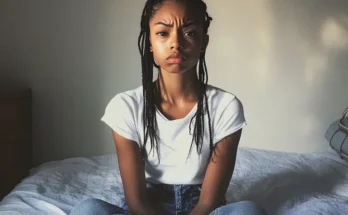For years, I was the family’s emotional first responder. The fixer. The one who dropped everything when someone needed help. My phone was always buzzing with drama, crises, and guilt-laced requests. And I always showed up. Until I didn’t.
A week before my long-awaited solo vacation, my mother fell ill. Nothing life-threatening, but serious enough that the family panicked. Naturally, everyone assumed I’d cancel my trip. “You’re the responsible one,” they said. “She needs you.” But I was exhausted—emotionally, physically, spiritually. I’d spent years putting out fires that weren’t mine. So I said no.
“I love her,” I told them, “but I’m not burning myself out again.”
The backlash was instant. I was called selfish, cold-hearted. “You’re choosing sunbathing over your own mother,” someone spat. But I packed my bags anyway. I boarded that plane. And for the first time in years, I felt something close to peace.
Until day three.
I was halfway through a spa massage when my phone lit up. It was Mom. I answered—because of course I did. She said, “Don’t worry, I’m fine. Your brother figured it out. I guess he can be useful after all.” Then she added, “But don’t post photos. It’d hurt my feelings.”
I didn’t respond. I hung up, blocked notifications, and ordered a drink.
That moment was a revelation. If I’m only loved when I’m useful, then maybe it’s time they learn to live without me.
We romanticize sacrifice—especially in families. We’re taught that putting others first is noble. But research shows that sacrifice often stems from guilt, fear, or duty—not love. And when one person keeps giving, the family dynamic warps. Roles calcify. The “strong one” becomes a crutch. The “fixer” becomes invisible.
Therapists say it’s vital to rewrite the family story. To make space for your own needs. To cope with guilt. To ask for help. To accept imperfection.
And science backs it up. Studies show we’re biologically wired to help our blood relatives. It’s not just kindness—it’s survival instinct. But even instincts need boundaries. Because love shouldn’t cost you your peace.
I chose myself. And I’m not sorry.


